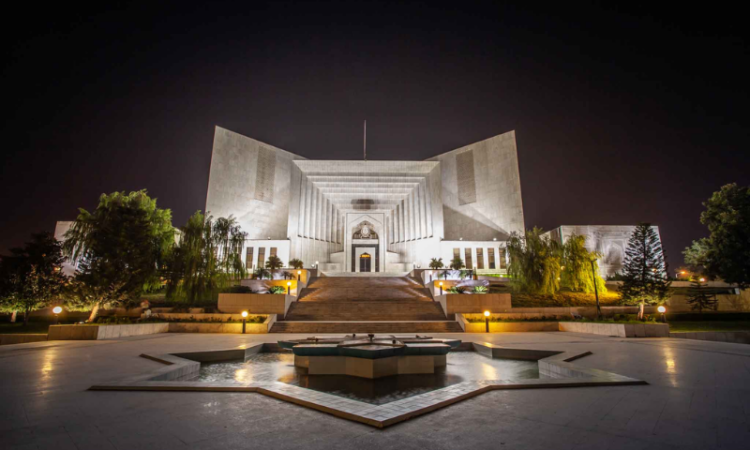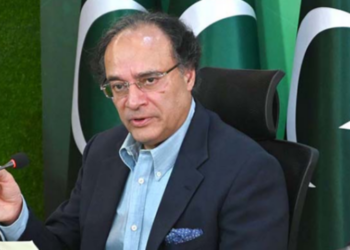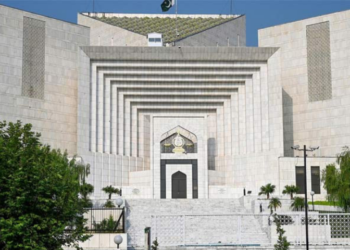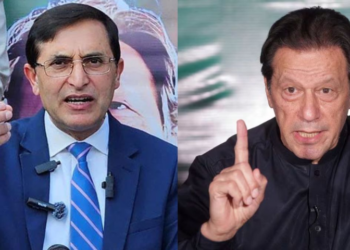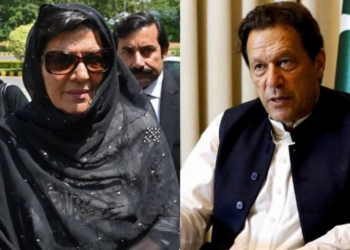Islamabad, February 18, 2025 – Supreme Court Justice Naeem Akhtar Afghan has observed that international law does not explicitly prohibit the court-martial of civilians. His remarks came during the hearing of an intra-court appeal challenging the military trials of civilians. The appeal was heard by a seven-member constitutional bench, led by Justice Amin-Ud-Din Khan. Senior lawyer Salman Akram Raja presented arguments on behalf of the convicted defendant, Arzam Junaid.
Last year, the Supreme Court’s constitutional bench had conditionally allowed military courts to announce verdicts in cases involving 85 suspects allegedly linked to the May 9, 2023, riots. The bench ruled that military court judgments would remain subject to the Supreme Court’s final verdict on the appeals challenging the trials.
Following this decision, military courts sentenced 85 Pakistan Tehreek-e-Insaf (PTI) activists to terms ranging from two to ten years of rigorous imprisonment for their involvement in the May 9 protests. These trials concluded the legal proceedings against individuals held in military custody for attacks on army installations and monuments.
In January, the military accepted the mercy pleas of 19 out of the 67 convicted individuals on humanitarian grounds, according to a statement from the Inter-Services Public Relations (ISPR).
However, on October 23, 2023, a five-member Supreme Court bench unanimously declared the military trials of civilians null and void, following petitions challenging the legality of such proceedings.
During today’s hearing, Salman Akram Raja argued that military trials violate civilians’ fundamental rights and contradict international fair trial standards, which mandate open, independent, and transparent judicial proceedings. He further noted that in several countries, military tribunal verdicts are subject to civilian court review, citing a European court ruling that compelled multiple nations to reform their military trial systems.
Justice Jamal Mandokhail questioned the implications of violating international principles. In response, Raja asserted that failure to adhere to these standards compromises the fairness of trials. When Justice Mandokhail inquired about the consequences for states that breach such principles, Raja explained that while some international legal norms are binding, others are not.
Referring to Article 10-A of the Constitution, Raja argued that Pakistan enshrined the right to a fair trial based on international legal principles. However, Justice Afghan maintained that no provision in international law explicitly prohibits the court-martial of civilians.
Raja also highlighted that, in the United Kingdom, military trials are overseen by independent judges rather than military officers. He further recalled past judicial practices in Pakistan, where civilian officials such as deputy commissioners and tehsildars had been authorized to conduct criminal trials, suggesting that if they could preside over trials, military officers could as well.
Additionally, Raja referenced a United Nations Human Rights Committee report, which criticized Pakistan’s military courts for lacking independence and urged the government to grant bail to detainees held in military custody.
Following the completion of Raja’s arguments, the court adjourned the hearing.


